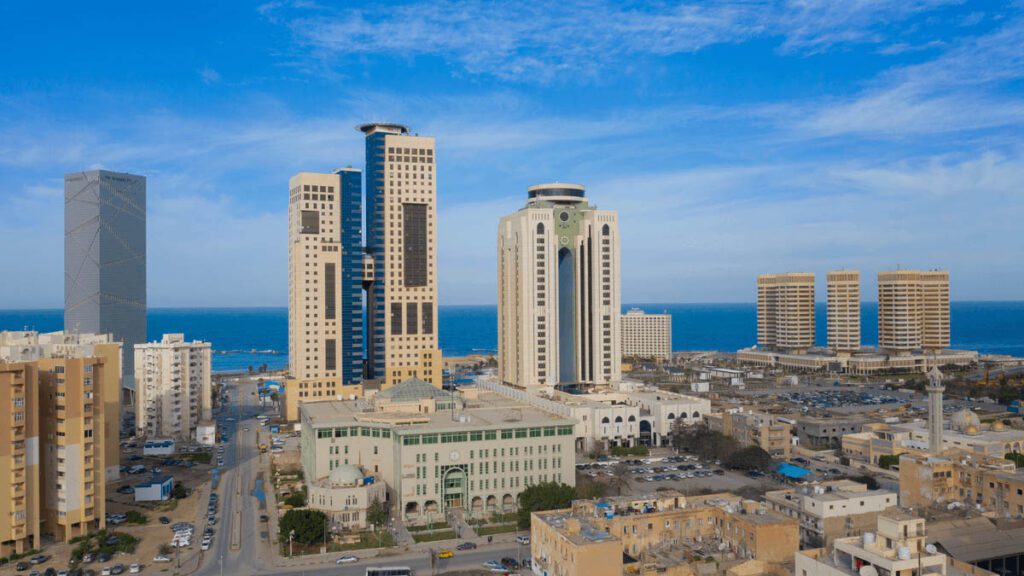Libya’s telecom needs to end its monopoly and open to competition

To end the prolonged established Libyan state monopoly on the telecom sector, Libya’s Prime Minister Abd Alhamid Aldabaiba said his government will aim to open the country’s telecoms sector up to competition.
Aldabaiba said that his government will seek to increase competition by privatizing the sector during the rest of the time his government has left in office. He said this was necessary and that foreign competitors would be let into the sector.
There are three main mobile operators in Libya: Libyana, LibyaPhone, and Almadar. The market share is dominated by Libyana (over 55 percent) and Almadar Aljadeed (44 percent), and all of the three companies are owned and run by the state, according to Media Landscapes, a media monitoring agency and think tank.
Mobile network coverage is available on less than 20 percent of the 1,777,060 square km of the country’s total area, however, this is to be expected for the fact that 80 percent of the population lives in urban areas which make up nearly 20 percent of the country’s territory.
The PM added that the state-dominated monopoly would struggle if some leading private companies are allowed to enter and compete.
“Libyans need to own the sector that should be offered up on the stock market,” suggesting an unwillingness to allow the market to be dominated by foreign companies.
Some of the disadvantages, including the high cost and poor quality of services in the country led to the emergence of criticism, with Aldabaiba noting that rates were significantly higher than in neighboring countries while services dropped in comparison to similar markets and wider global standards.
The fact that people are always using their phones and “glued” to them, raises those criticism even more, which brings us to the point where he complained that the services being provided by the sector were basic and not on the same level found in the world.
“With new technology it was now easier and cheaper to establish a post code/zoning system to enable postal delivery,” he concluded.
